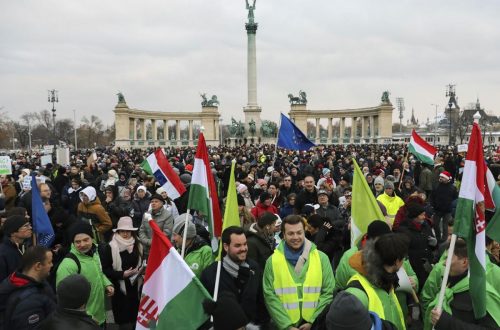From Human Rights For All
***
On Friday 9th April, 2010 Amnesty International announced my departure from the organization. The agreed statement said, ‘due to irreconcilable differences of view over policy between Gita Sahgal and Amnesty International regarding Amnesty International’s relationship with Moazzam Begg and Cageprisoners, it has been agreed that Gita will leave Amnesty International.’
I was hired as the Head of the Gender Unit as the organization began to develop its Stop Violence Against Women campaign. I leave with great sadness as the campaign is closed. Thousands of activists of Amnesty International enthusiastically joined the campaign. Many hoped that it would induce respect for women’s human rights in every aspect of the work. Today, there is little ground for optimism.
The senior leadership of Amnesty International chose to answer the questions I posed about Amnesty International’s relationship with Moazzam Begg by affirming their links with him. Now they have also confirmed that the views of Begg, his associates and his organisation Cageprisoners, do not trouble them. They have stated that the idea of jihad in self defence is not antithetical to human rights; and have explained that they meant only the specific form of violent jihad that Moazzam Begg and others in Cageprisoners assert is the individual obligation of every Muslim.
I thank the senior leadership for these admissions and for their further clarification that concerns around the legitimization of Begg were of very long standing and that there was strong opposition from Head of the Asia programme to a partnership with him. When disagreements are profound, it is best that disputes over matters of fact, are reduced.
Unfortunately, their stance has laid waste every achievement on women’s equality and made a mockery of the universality of rights. In fact, the leadership has effectively rejected a belief in universality as an essential basis for partnership.
I extend my sympathies to all who have fought long and hard within Amnesty International to match the movement’s principles with its actions. I know many of you have been bewildered by this dispute and others deeply shamed by what is being done in your name. You may have been told that that debate is not possible in the middle of a crisis. I agree that there is indeed a crisis and that the hardest questions are being posed by Amnesty International’s close human rights allies, particularly in areas where jihad supported by Begg’s associates, is being waged.
I am now free to offer my help as an external expert with an intimate knowledge of Amnesty International’s processes and policies. I can explain in public debates, both with the leadership and inside the Sections, that adherence to violent jihad even if it indeed rejects the killing of some civilians, is an integral part of a political philosophy that promotes the destruction of human rights generally and contravenes Amnesty International’s specific policies relating to systematic violence and discrimination, particularly against women and minorities.
During these last two months, human rights gains have been made to defend the torture standard and to shame governments who have been complicit in torture through their ‘don’t ask, don’t tell’ policies. But the spectre that arises through the continued promotion of Moazzam Begg as the perfect victim, is that Amnesty International is operating its own policies of ‘don’t ask, don’t tell.’
So I invite you to join me as I continue to campaign for public accountability at this moment, which comes but rarely in history, when a great organisation must ask: if it lies to itself, can it demand the truth of others?
Gita Sahgal
Former Interim Head of the Gender, Sexuality and Identity Unit, Amnesty International
***
From Meredith Tax
Amnesty’s statement attempts to make the issue redundancy—i.e., they are trying to tell their members that Gita was laid off because the violence against women campaign had ended, rather than because she is a whistleblower. Since she had just been promoted, this will be a difficult claim to sustain but most Amnesty members may never know this, because they get their information from the Secretariat and there has been no real internal discussion of this affair. Her statement is, in fact, an attempt to jumpstart such a discussion.
If it cannot happen within Amnesty, than it must begin to happen in the broader human rights movement because the central issue here will not go away. This issue is whether women’s rights are fundamental to the construction of human rights in the 21st century, or whether women can be sacrificed and thrown to the wolves or the Taliban, if it is convenient for heads of state or NGOs or the gross national product.
This issue has come up before. It has come up in every revolution that claimed to speak for the “rights of man,” from the French on down. And in all these revolutions, women’s rights have been sacrificed over and over and over—to the need for production, to the exigencies of war, to national interest, to the way the men in leadership framed the class struggle. Whenever women’s rights are seen as a subordinate part of the struggle, or an adjunct to it, they will be placed on the back burner or jettisoned entirely if conflicts arise. But, because the human rights movement places the rights of the individual at the center of its mandate, rather than the rights of a particular nation or class, it will not be as easy to subordinate women’s rights to other interests as it has been in the past. This is particularly true because there is a substantial and aware global women’s movement that is watching this controversy very closely.
La lutta continua.


